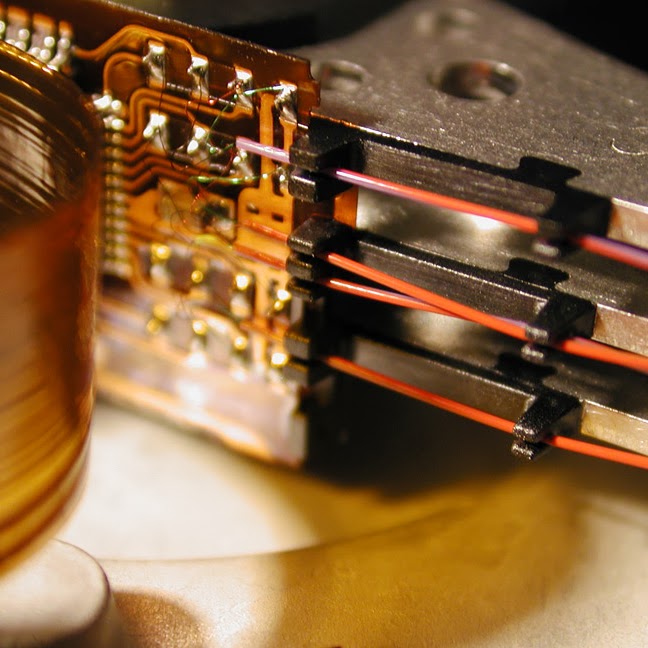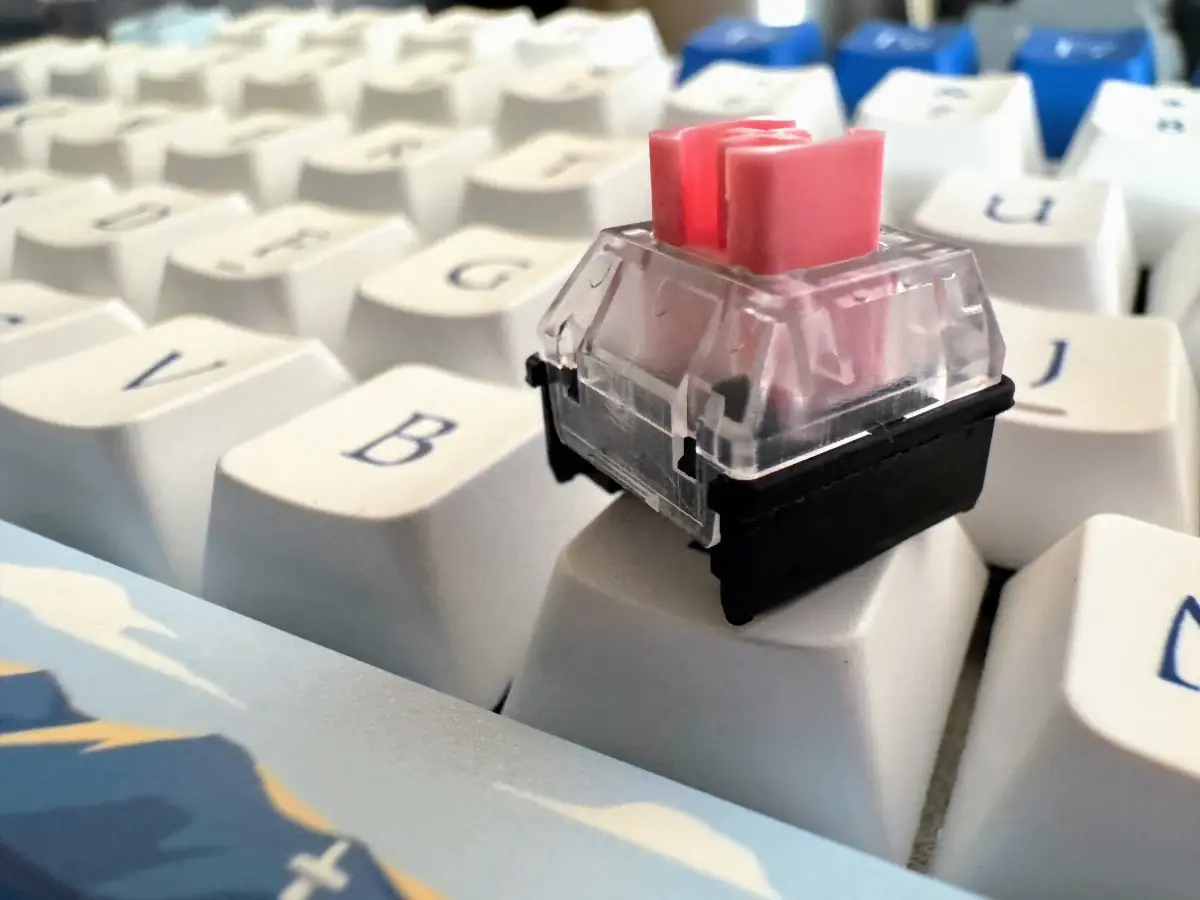- cross-posted to:
- technology@lemmy.zip
- cross-posted to:
- technology@lemmy.zip
These keyboards rely on magnets and springs and activate by sensing changes in the magnetic field. Popularized by Dutch keyboard startup Wooting, these switches rely on the Hall Effect and have actually been around since the 1960s.
You can change how far you need to press down to register the keystroke, as well as for the release point.
The one thing you can’t change, though, is the switch’s resistance. Despite all the talk of magnets, that’s still handled by the spring inside the switch, after all (for the moment, until the xyz is released).
But interestingly, this also means with temperature differences, you may also have to “calibrate” your keyboard. The price point for the Akko MOD007B PC Santorini keyboard at around US$110 to $150 is certainly not more expensive than many mechanical keyboards.
See https://techcrunch.com/2024/04/07/magnets-are-switching-up-the-keyboard-game/
#technology #keyboards



All that yes. The Wooting One (original that uses IR light) let you use buttons to simulate controller axes, change how hard you need to press to activate, and add second functions to keys. It was an interesting idea but I found the gaming part the original keyboard to be only usable in a limited set of games as it’s not as sensitive as a controller stick, and as a keyboard it wasn’t great either. Hopefully V1 problems, I know they had through another version of the IR keyboard, and then came out with the Hall effect keyboard. I like the idea but never could get used to it, and when the spacebar was loose I retired it after fixing it.